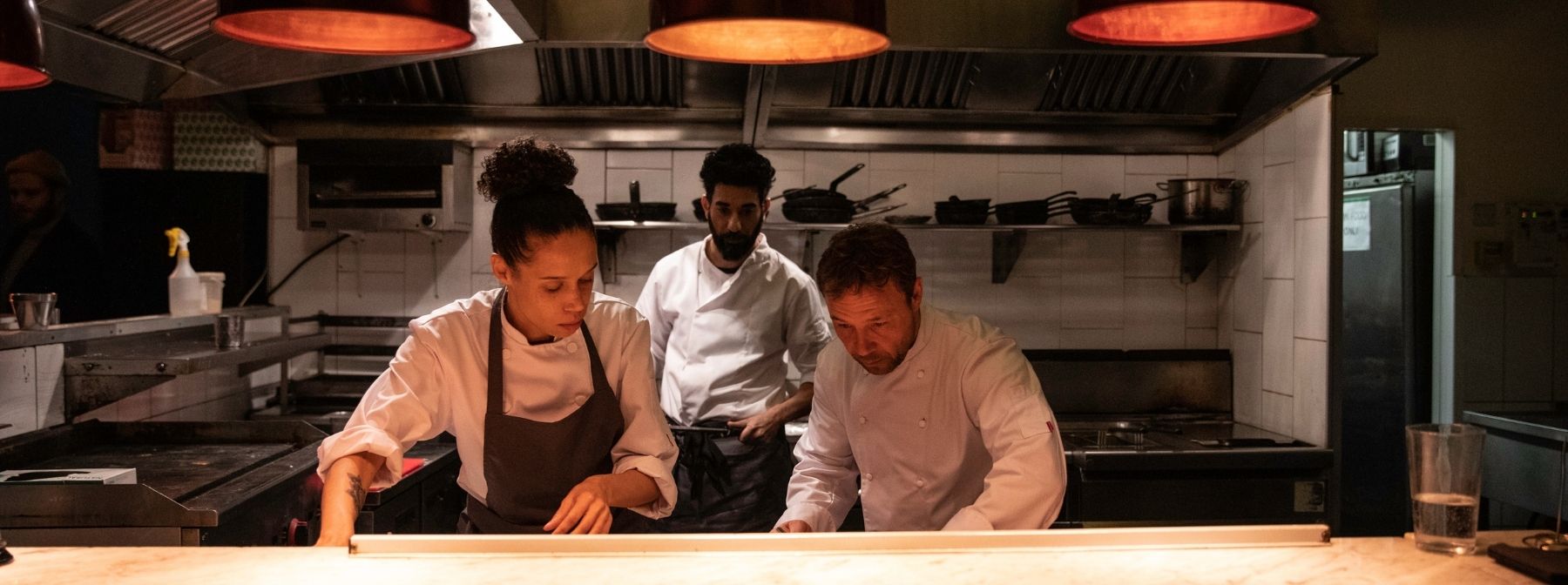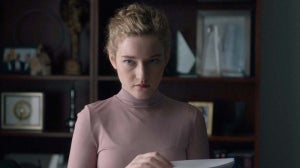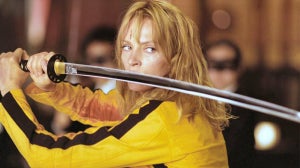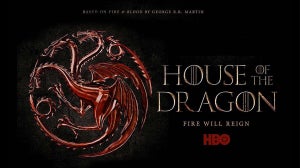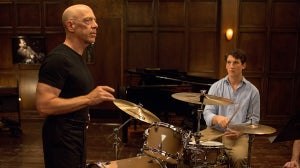
Your first attempt at shooting the film was ruined by a faulty camera memory card, and the second felt more like a dress rehearsal than the real thing.
At 2am, you get a call: you have to finish this film tomorrow, as the country is going into lockdown.
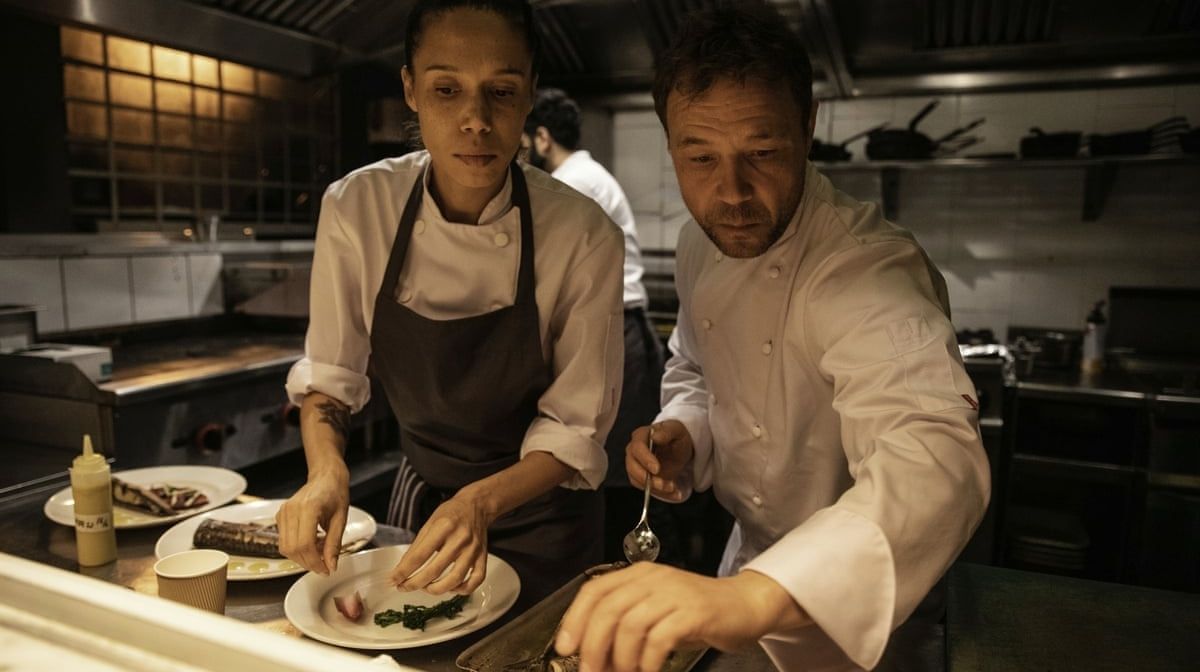
This was the situation director Philip Barantini was thrown into while making Boiling Point, his exhilarating, Stephen Graham-starring drama about a chef whose life and career is thrown into disarray on his restaurant’s busiest night of the year.
In the early hours of his second day shooting, panicked producers heard from several worried crew members, who were frantically pulling out to self-isolate. But they couldn’t pull the plug when the film needed work, so he was granted one more day to get it right.
“So now we only had two goes left to get it”, remembers Barantini whilst speaking to Zavvi, “and that third take was the one we ended up using”.
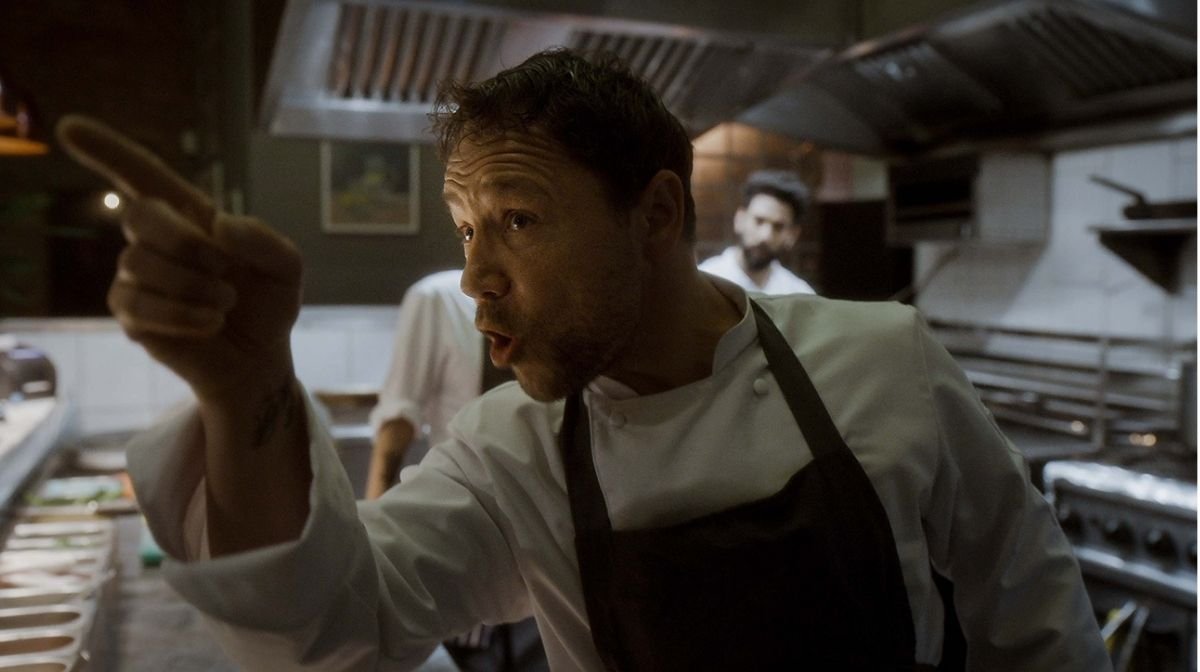
The process of making Boiling Point seems every bit as intense as the film itself. The movie is adapted from the director’s own 2019 short of the same name, which also starred Graham, with the idea of transforming it into a feature was always at the back of Barantini’s mind, but it initially took on a different form.
“The original idea was that the short would essentially be reshot as the first 15 minutes of this film, before going into Stephen’s character’s recovery after that night”, he explained, “but it felt like treading water a bit.
"Then one night, I had the idea of doing it as a one take movie, and as the restaurant we shot it in, Jones & Sons, was somewhere I’d previously worked as a chef, I knew the layout, so knew it could be possible. I never imagined doing this as a feature, but it was suddenly fully formed.”
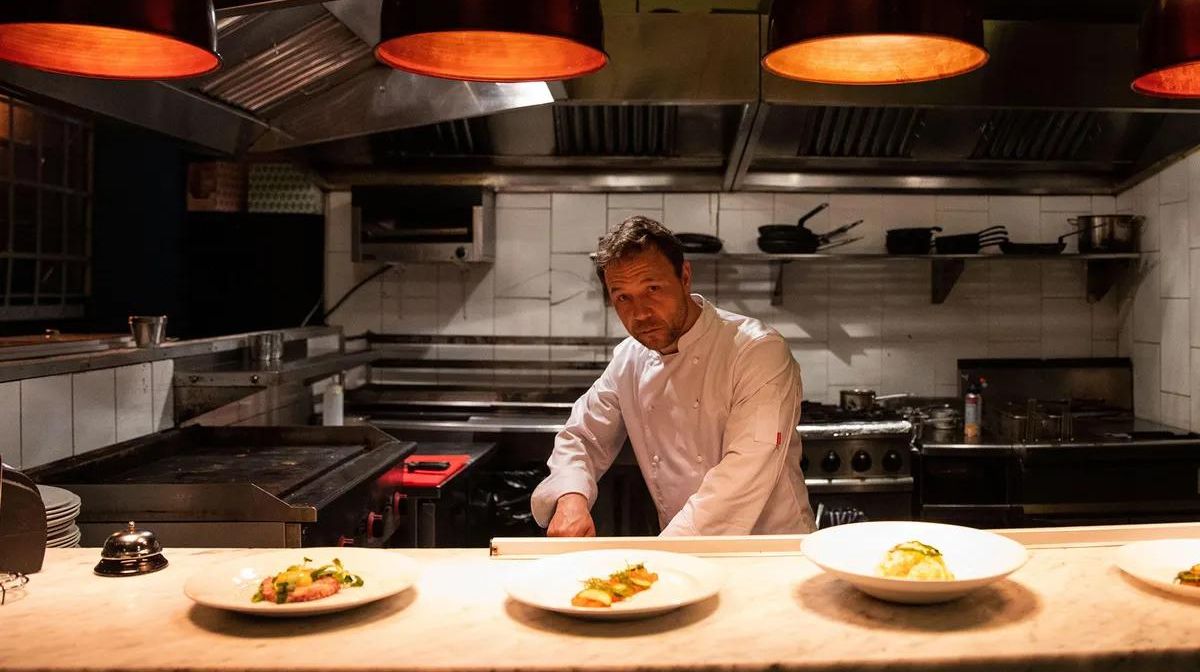
Barantini worked at restaurants for more than a decade, working his way up to become head chef; he now compares his collaborative approach to filmmaking to his time leading a stressed-out team in the kitchen. He used some of his own experiences in hospitality to inspire the script, but it turned out that his knowledge of the restaurant’s floorplan was most advantageous when writing.
“When doing a one take film, it’s impossible not to have the location in mind when writing, otherwise you’re going to have to go back and change everything. We went to Jones & Sons first, did a map of the floorplan ourselves, so James [Cummings, co-screenwriter] could tap away on the screenplay while I was acting out every character, as I knew this kitchen like the back of my hand.”
Many actors work in the hospitality industry during their early years, so they can make some money in-between roles. Barantini was therefore surprised to find that he’d got the one cast where nobody had worked as restaurant or bar staff, so needed to get them trained before the cameras rolled so that they could move around the kitchen like it was “second nature”.
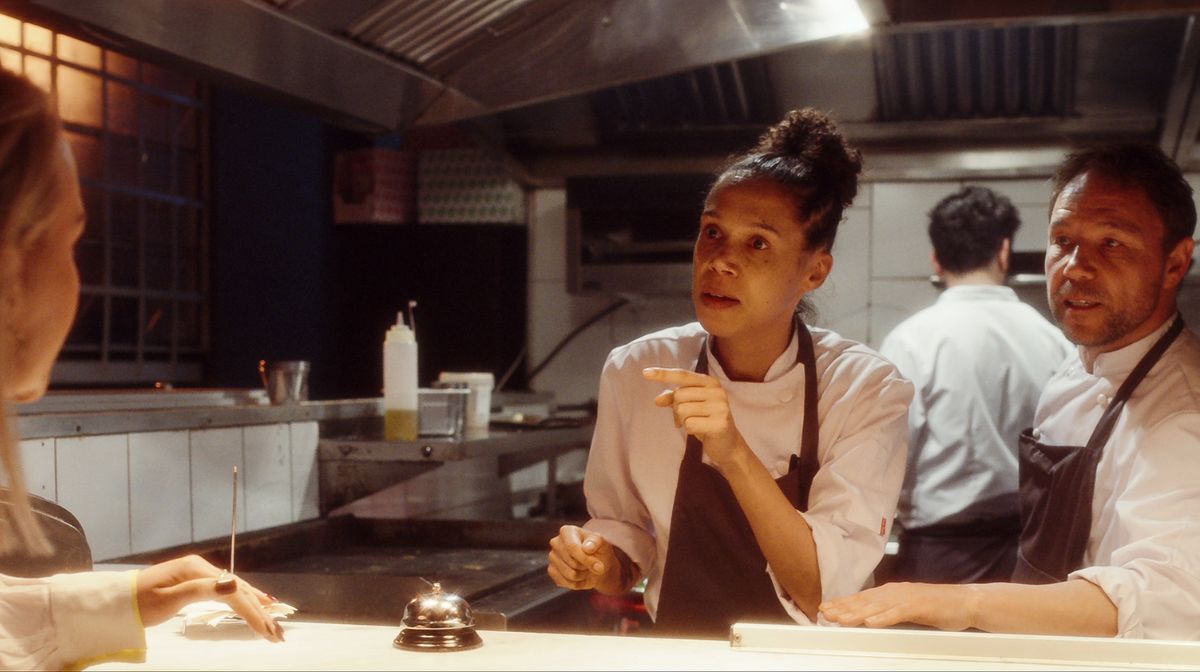
With all the realism required for the film, Barantini and Cummings then had to ensure that their stressed-out head chef wouldn’t be the stereotypical sweary one you’ve seen in every kitchen nightmare.
“The Gordon Ramsay thing is a bit of a parody - he’s a caricature of himself these days. Stephen’s character is based more on myself and other chefs I’ve worked with, and you can immediately sense this character is not a bad person.
"When writing this character, it was important he wasn’t just a shouty chef; when he is angry and stressed, you understand why, and he always goes back to apologise.
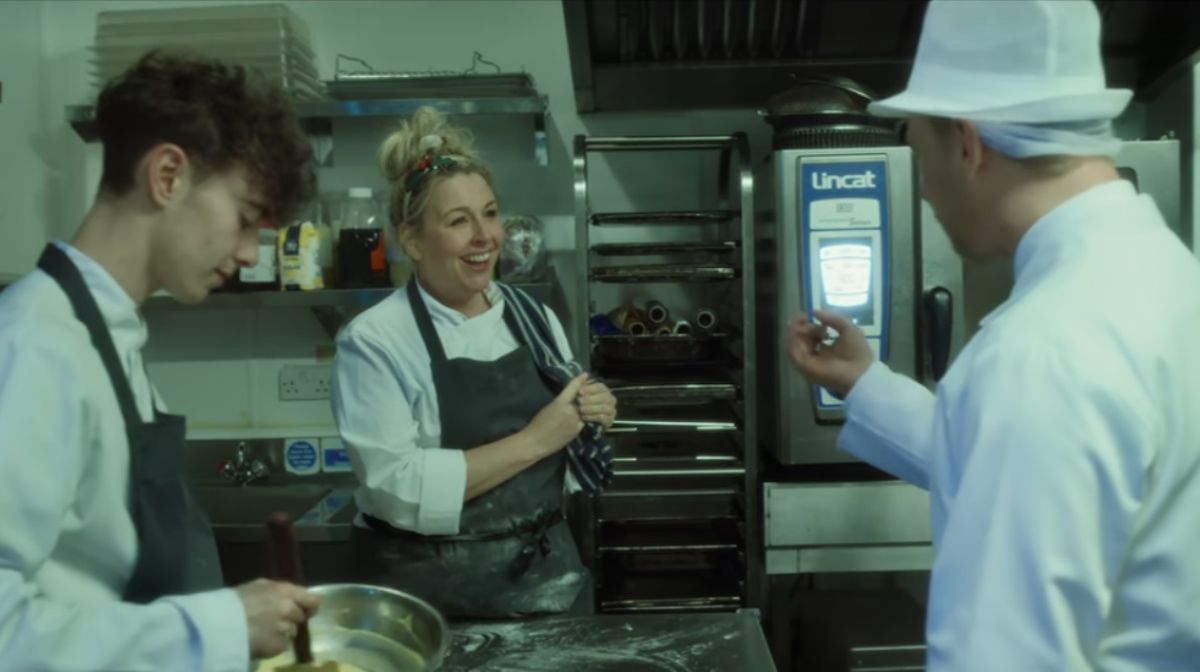
“I’ve known Stephen for over 20 years, but we’ve become very close in the last five years. I asked him to star in the first short I made, and he said ‘let’s see how this one goes, then I’ll do your next project’ - and it worked out for the best, he ended up starring in the short that was nominated for a bunch of awards!”
So, on Lockdown Eve, shooting ended, but it turned out the final take was the worst of the four, as Barantini admits: “The fourth was technically excellent, but the performances were flat. By that point, everybody was absolutely knackered”.
Realising they could tweak the few mistakes in the third take in the edit, that became the finished film.
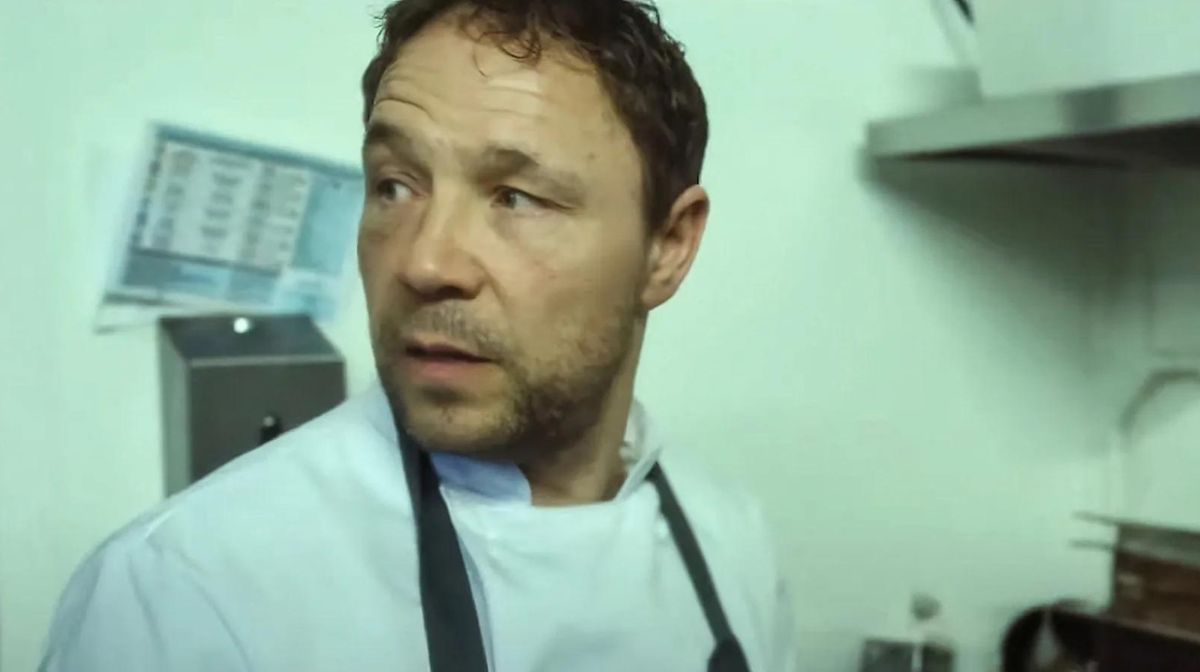
“It was all about the performance. If the audience aren’t focused on the performances, then the film isn’t working, and I don’t want anybody experiencing this as a pure technical exercise. There are still mistakes in there, but it was never meant to be perfect.
"This isn’t 1917, we were aiming for something more real and raw, the one-take is purely to amplify the tension.”
Now, Barantini is readying a documentary on the making of the film (“I have no idea how we managed to pull this off”), as the movie is finally approaching theatrical release: “We had a finished film by August 2020, but we couldn’t get it out there - probably because Deliveroo had taken over, nobody could remember restaurants after lockdown!”
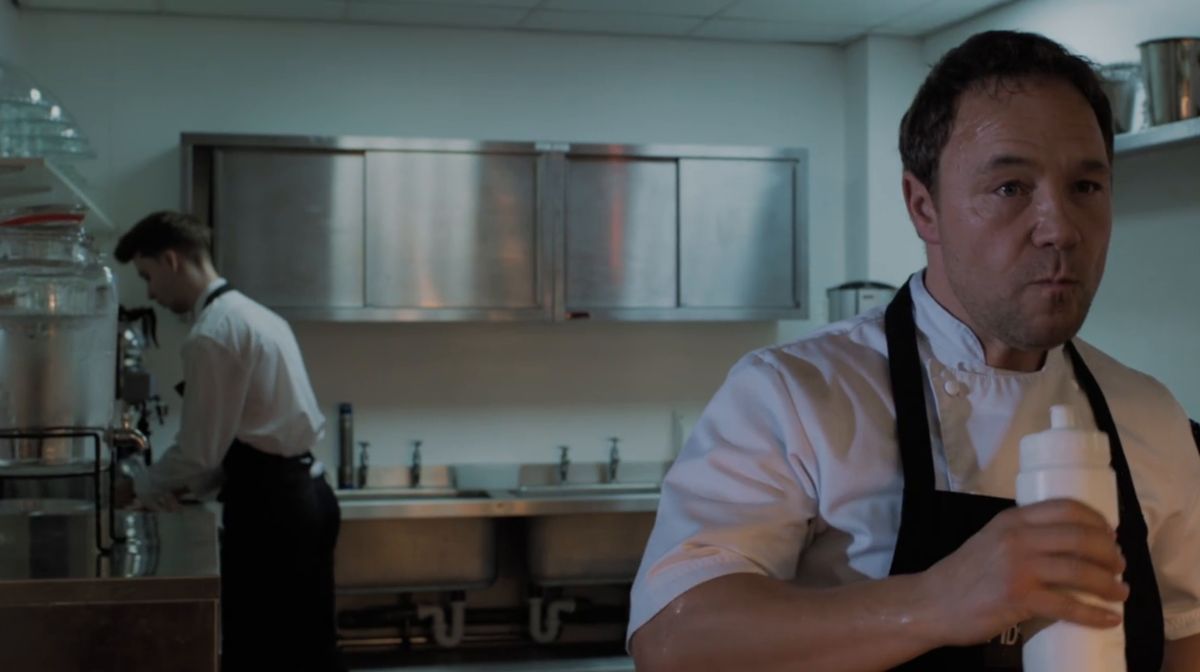
The finished film is exactly what Barantini wanted, and he now realises he never would have needed the eight takes he originally gave himself: “Looking back, if we’d have done another six takes, we may have overdone it. The actors may have overacted, and it may have become stagey, so it was fate that the third take was the one we went with.
“We had a bet before shooting on which take we’d use, and Stephen always had his money on the third. He probably wouldn’t have done any more after that day though - you don’t doubt Stephen Graham.”
Boiling Point is released in UK cinemas and on digital platforms from 7th January. In-cinema previews will take place on 5th January.For all things pop culture, follow us on Facebook, Instagram, Twitter and TikTok.

